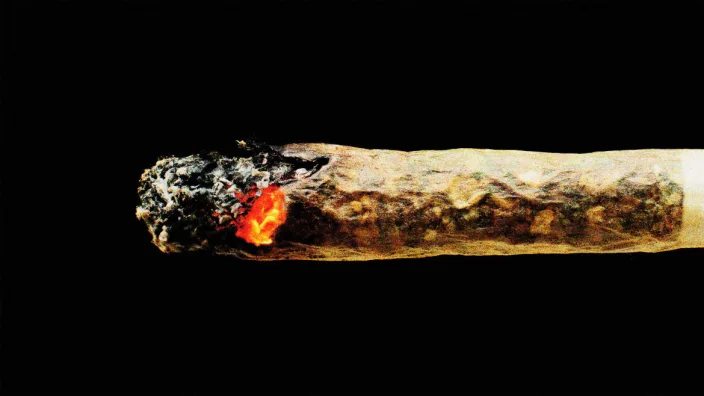BERLIN—When Amsterdam pioneered “coffee shops” in the 1970s, the European capital was one of the only destinations where you could openly buy and smoke weed—it quickly became a global mecca for marijuana enthusiasts. But over the last decade, it seems the grass has grown greener on the other side of the Atlantic, with Colorado and Washington state legalizing recreational cannabis use in 2012 and Uruguay becoming the first country to legalize it the year after, followed by Canada in 2018.
Europe has fallen way behind, with the focus on decriminalization rather than full legalization. But now Germany is trying to become the first European Union member to legalize cannabis. Its neighbors are watching closely, in both curiosity and disapproval, while the global marijuana industry eyes a new market of 80 million potential customers.
German Health Minister Karl Lauterbach has announced the outline of a possible cannabis law that roughly follows the Canadian model—declassifying marijuana as a narcotic, creating a state licenced production, delivery and sales system; allowing adults to have 20-30 grams for personal use and creating a federal cannabis tax. Lauterbach set 2024 as a possible date for passing legislation. The proposed law is a reflection of the ruling red-yellow-green “traffic light” coalition, made up of the Social Democrats, who see legalization as a way to free up law enforcement, the Free Democrats (FDP), who see legalization as the key to unlocking more than a billion euros per year in taxes, and the Greens, who want to undercut the illegal market. The opposition parties are opposed to legislation, with the Bavarian Health Minister, Klaus Holetscheck publicly seeking a veto from the European Commission. The one thing all sides agree on: getting rid of the illegal marijuana market.
“They can legalize it or not legalize it, but we’ll still be here,” says Bomba, a 30-year-old dealer who has spent the last two years since arriving in Germany selling marijuana, among other illicit drugs in Berlin’s Görlitzer Park—also referred to as “Germany’s number one problem park” by local media, because of its network of immigrants, often waiting on legal working papers, who openly sell drugs at all hours of the day. “There are already places in the neighborhood where you can legally get weed, but what we sell here is different. I take two, three, puffs and it’s doing what it’s supposed to do.”
H/T: news.yahoo.com



